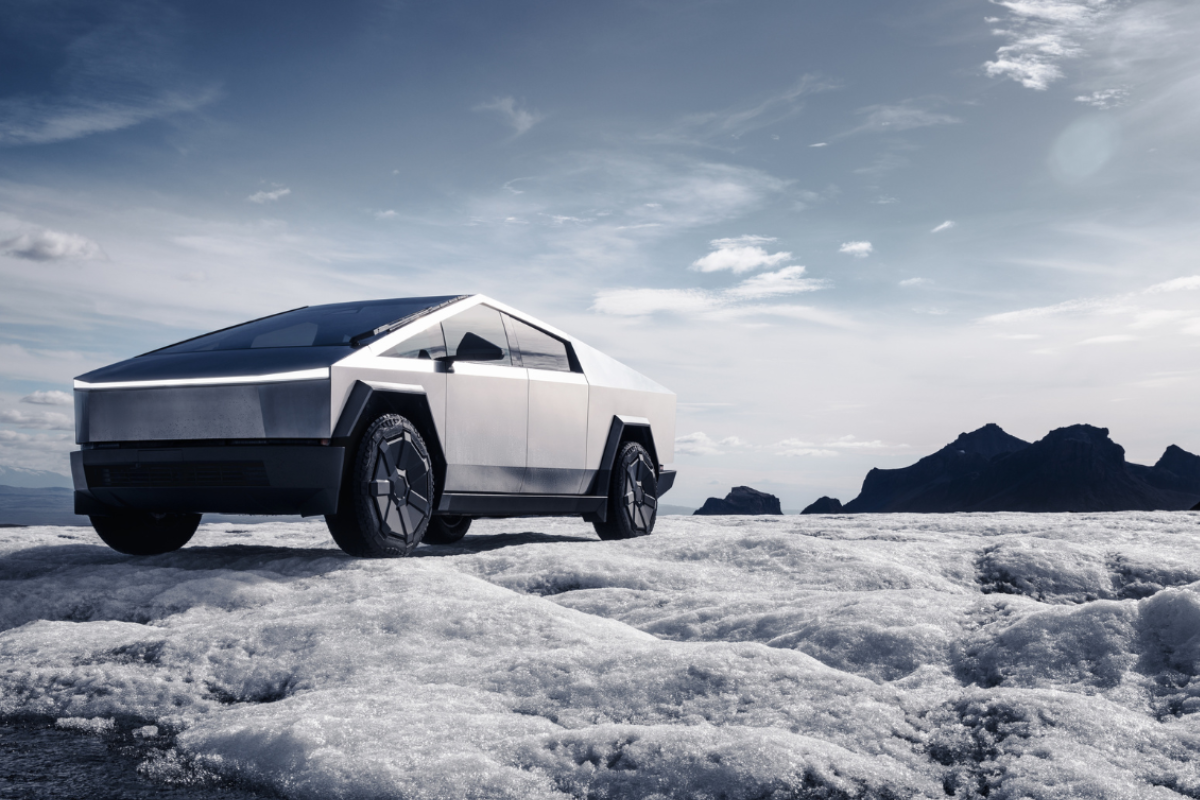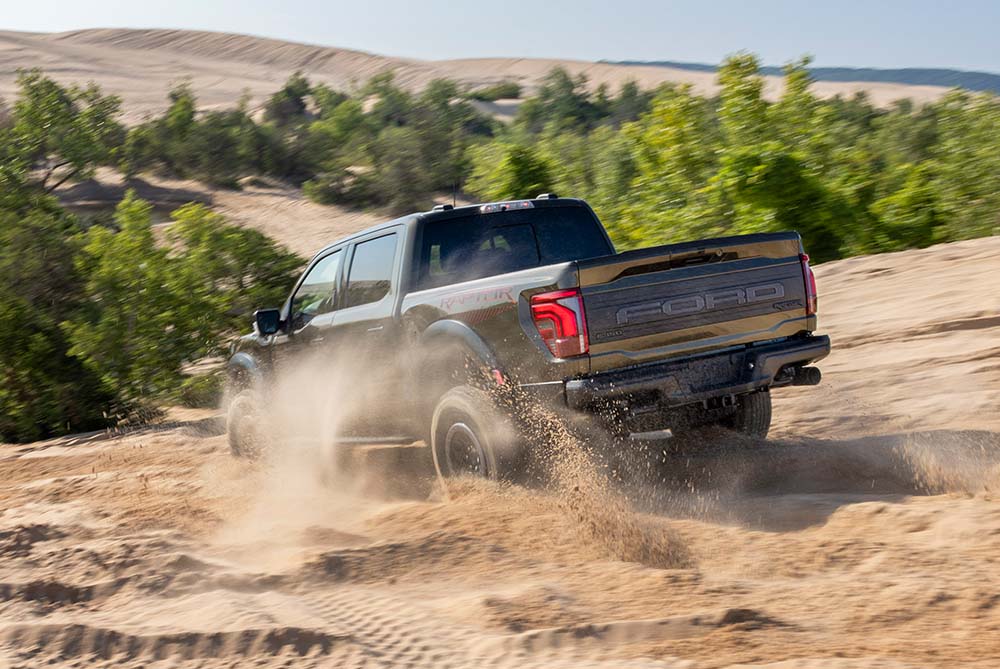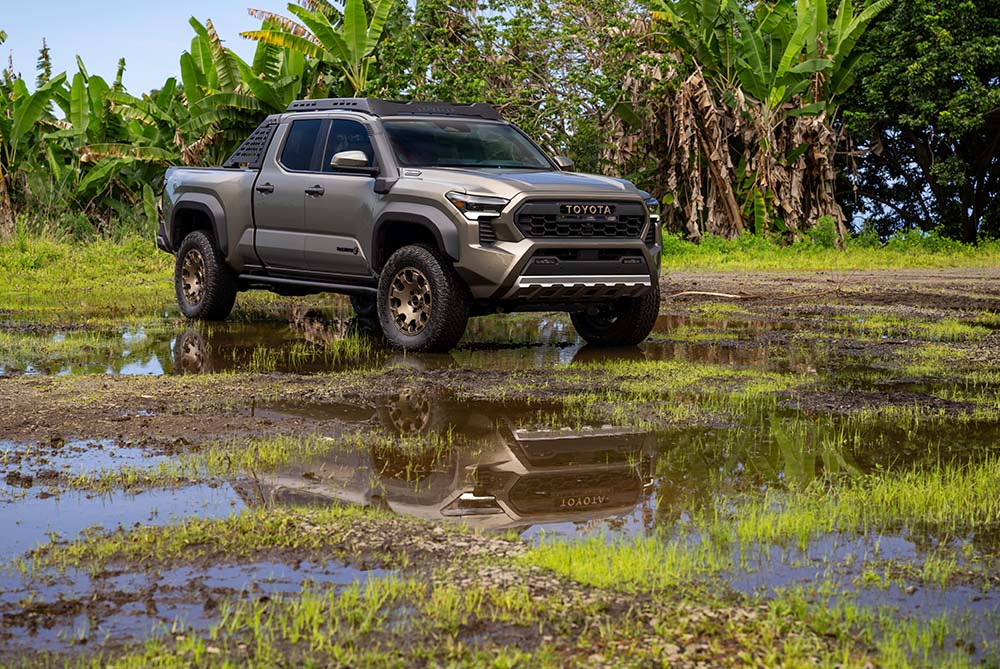George Boulton
July 30, 2024

George Boulton
July 30, 2024

Conquering Every Climate: Pickup Trucks are Built to Endure
Tire and suspension adaptations are critical for handling tricky weather.
Engineers and designers focus on a range of features and innovations to make sure these vehicles perform reliably, whether in extreme cold, heat, rain and snow.
The foundation of weather-resistant design begins with a robust construction.
High-strength steel frames and reinforced body panels are standard in models like the Ford F-150 and Chevrolet Silverado.
These materials not only provide structural integrity but also resist corrosion and wear, ensuring longevity in harsh climates.

Advanced four-wheel drive (4WD) systems are essential for navigating slippery and uneven terrains.
The Jeep Gladiator, for instance, features sophisticated 4WD systems with selectable modes to optimize traction in snow, mud and sand. But most pickups (and SUVs) have this useful option as standard.
These systems ensure stability and control, allowing drivers to navigate challenging weather conditions confidently.

Trucks like the Toyota Tacoma and Nissan Frontier come equipped with sealed electrical systems and high-mounted air intakes to prevent water ingress during heavy rains or when fording streams.
Additionally, weatherproof seals around doors and windows prevent leaks and drafts, maintaining interior comfort. It’s just common sense, really.

Advanced climate control systems make life so much easier in extreme temperatures.
Heated and ventilated seats, as seen in trucks like the Ram 1500, provide warmth during ice-cold winters and cooling during scorching summers.
Dual-zone climate control allows for individual temperature settings, ensuring all passengers remain comfortable regardless of what the weather’s like outside.
The same can be said for added visibility with tech such as heated mirrors, defrost systems, and advanced windshield wipers, which are crucial when driving in inclement weather.

Tire and suspension adaptations are critical for handling tricky weather.
All-terrain tires with deeper treads improve grip on wet or icy roads.
Suspension systems in modern trucks are designed to absorb shocks and maintain stability on uneven surfaces, enhancing safety and performance in adverse weather.